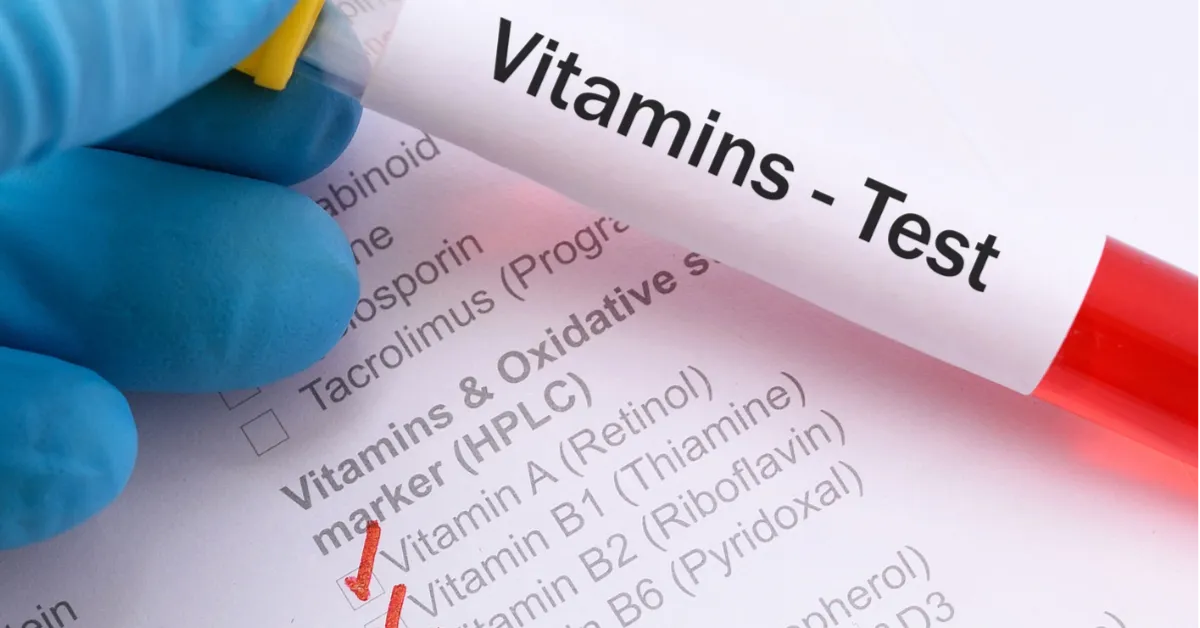ISO 17932 Vitamin E Profiling in Oils and Fats
The ISO 17932 standard provides a comprehensive approach to profiling vitamin E content in oils and fats. This method is crucial for ensuring the quality, safety, and nutritional value of these products. Understanding the specific forms of tocopherols (a type of vitamin E) present can significantly impact product formulation decisions, regulatory compliance, and consumer health considerations.
The process involves several critical steps that must be meticulously followed to ensure accurate results. The test begins with the precise extraction of vitamin E from the oil or fat sample using a solvent-based method. This step is crucial as it directly influences the accuracy of the subsequent analysis. After extraction, the sample undergoes chromatographic separation, which separates different tocopherol isoforms based on their physical and chemical properties.
The identification and quantification of these isoforms are achieved through spectroscopic analysis using techniques such as high-performance liquid chromatography (HPLC) with UV detection. This method not only provides quantitative data but also allows for the qualitative determination of each tocopherol type present in the sample. The results from this process can be used to tailor product formulations to meet specific nutritional requirements or regulatory standards.
The ISO 17932 standard ensures that all tests are conducted under controlled conditions, which minimizes variability and enhances reproducibility. This is particularly important given the complex nature of vitamin E compounds in oils and fats. The method also emphasizes the importance of proper sample preparation to ensure accurate extraction and separation.
For instance, the solvent used for extraction plays a significant role in determining the efficiency and selectivity of the process. Similarly, the chromatographic conditions, including column type and mobile phase composition, are critical for achieving optimal resolution and sensitivity.
The results from ISO 17932 Vitamin E Profiling can be leveraged by various stakeholders within the food industry. Quality managers use this information to ensure consistency in product quality. Compliance officers rely on it to meet regulatory requirements, such as those set by international standards like ISO. R&D engineers benefit from detailed profiles to innovate and optimize formulations. Procurement teams use these insights to select suppliers who adhere to stringent quality control practices.
Understanding the composition of vitamin E in oils and fats also has broader implications for public health. By accurately profiling vitamin E content, manufacturers can make informed decisions about fortification strategies, which are essential for addressing nutritional deficiencies in populations.
Scope and Methodology
| Step | Description |
|---|---|
| Sample Preparation | Precise extraction of vitamin E using solvent-based methods. |
| Chromatographic Separation | Separation of tocopherol isoforms based on physical and chemical properties. |
| Spectroscopic Analysis | Determination of the presence and quantity of each tocopherol type using HPLC with UV detection. |
The ISO 17932 standard specifies detailed protocols for each step, ensuring consistency and accuracy. The solvent selection process is critical as it can influence the efficiency and selectivity of vitamin E extraction. Chromatographic separation conditions are also meticulously defined to achieve optimal resolution and sensitivity.
The spectroscopic analysis using HPLC with UV detection provides both quantitative and qualitative data on the different tocopherol isoforms present in the sample. This comprehensive approach ensures that all relevant information about the vitamin E content is captured, allowing for detailed profiling of the sample.
Industry Applications
- Nutritional fortification and supplementation programs.
- Formulation optimization to meet specific nutritional requirements.
- Regulatory compliance with international standards like ISO 17932.
- Diagnostics for potential health benefits of vitamin E.
The results from ISO 17932 Vitamin E Profiling can be used by various stakeholders within the food industry. Quality managers use this information to ensure consistency in product quality, while compliance officers rely on it to meet regulatory requirements set by international standards like ISO. R&D engineers benefit from detailed profiles to innovate and optimize formulations.
The method also has broader implications for public health. By accurately profiling vitamin E content, manufacturers can make informed decisions about fortification strategies, which are essential for addressing nutritional deficiencies in populations.
Eurolab Advantages
We at Eurolab provide unparalleled expertise and state-of-the-art facilities to ensure accurate and reliable vitamin E profiling. Our team of experienced scientists and technicians is committed to delivering high-quality results that meet the strictest industry standards.
Our advanced laboratory equipment, including high-performance liquid chromatographs with UV detectors, ensures precise and reproducible results. We use only the highest quality reagents and solvents to minimize variability in extraction efficiency and selectivity.
We also offer comprehensive reporting services that include detailed analytical data along with interpretative comments on the significance of the findings. This allows our clients to make informed decisions based on accurate information.





